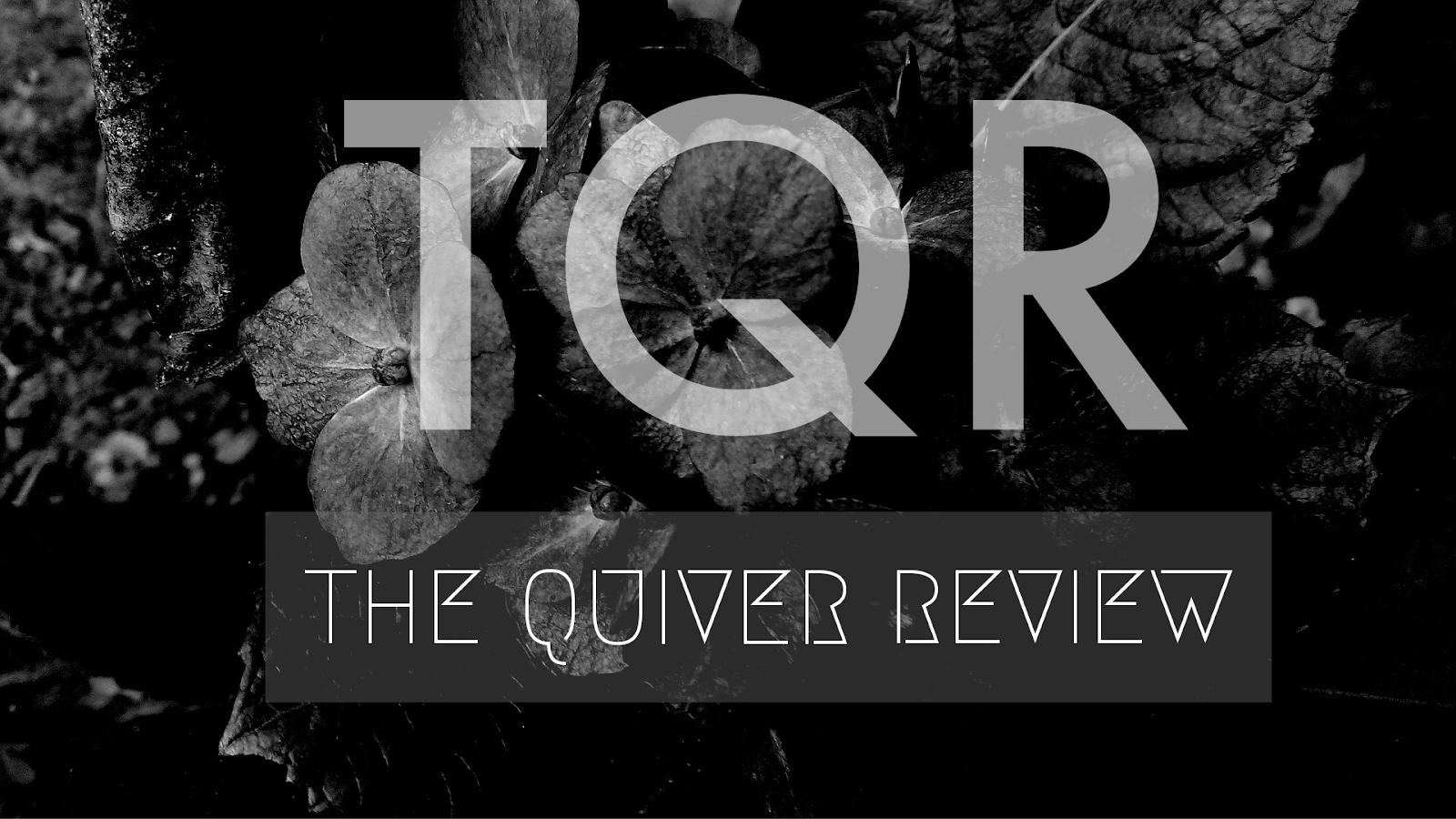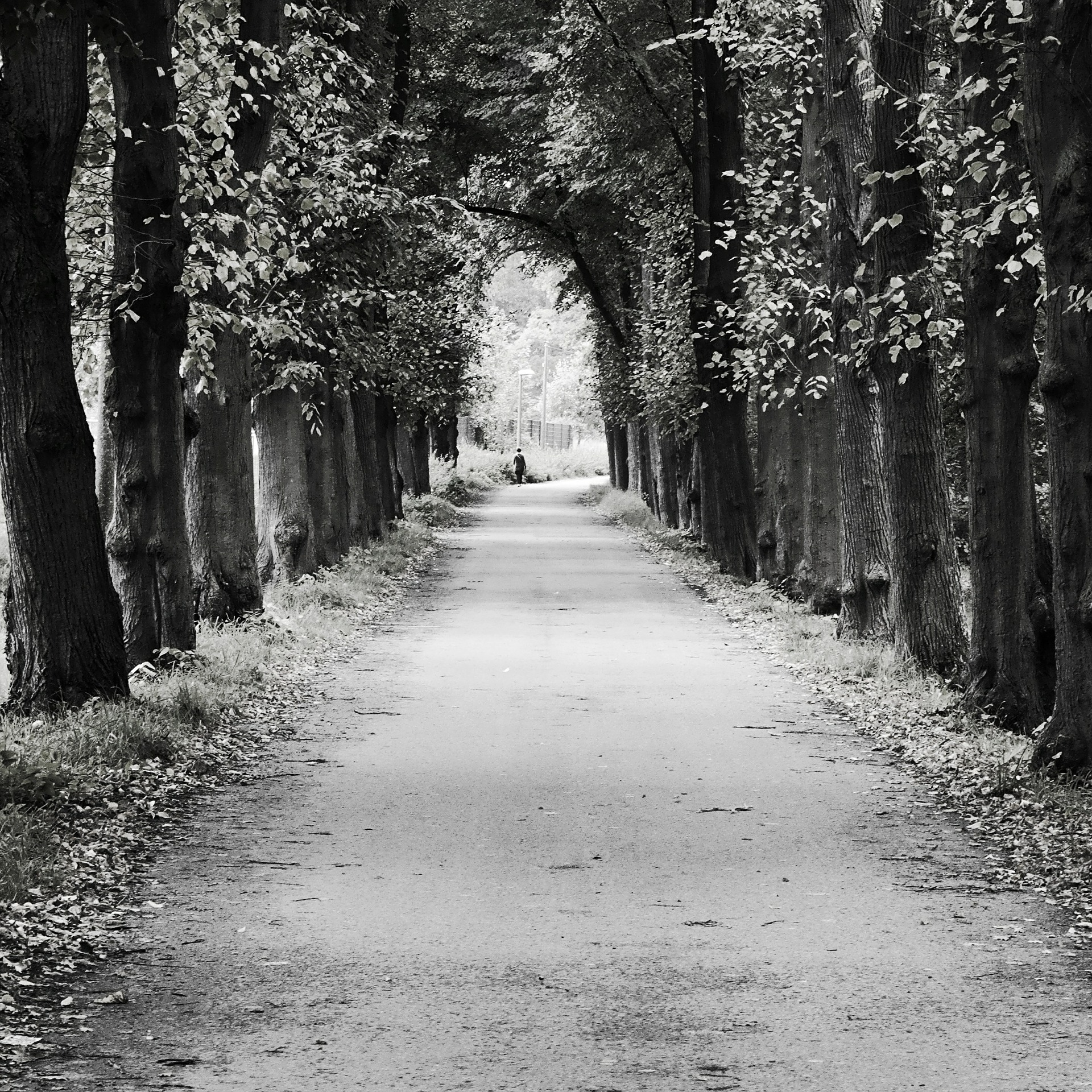Death's memoir by Rochelle Potkar
I go nowhere uninvited. I am where I have to be. In famine and drought, plague and disease, poverty and starvation, accidents and hunting games. In ancient times and modern, in folklore, myth, and legend. I am Death and I have been worshipped, abhorred, feared, despised, pondered, and prayed to. But I have been rarely coveted unless by the very damned, the ill, the really sick in body and mind.
Then just to flatter myself, I go visit them. But one has to strongly command me.
Sometimes through all my ceaseless executions and great successes, I feel so tired and drugged in the motions of my work that I need to take a break. At such times, through the centuries, I have intermittently gone away from the drudgery of it all to reflect upon myself, my role and importance in these cycles of existence.
I remember just one such break I took in 1560.
I was employed by the Spanish Inquisition from 1408 to 1900, hired for the first time on February 6, 1481 in Seville for the first auto-da-fé. By the 1500s my collections - with the last sighs of the heretics - at the burning stakes and death chambers were quite encouraging.
Then one day, I felt a certain pull. I was at the water-dunking wheel where a Muslim was tied. His last confessions were being recorded before the decision to extinguish his life, when I heard a call from somewhere - loud and clear.
I looked around, wondering who was calling me to attention. I moved away from the torture chamber and the screaming man, going in the direction of that powerful sense Maybe, somebody was representing me through music, poetry, a play, or an opera, a new folksong or I was being requested upon by a great sufferer who couldnt bear life any longer.
But the closer I felt the invocation, the more I realized it was artistic than existential.
I couldnt sway from my position, yet. I had to wait long enough to collect the souls of all the Jews, Muslims, Protestants, and rationalists from the reeking chambers for that night. Then after seeing content on my employers - the Inquisitors - faces, I silently slunk away.
I ventured out and rode past the warm streets of Antwerp. Cold, they may have seemed to its inhabitants, but I was colder than any street.
I reached a door. From here, I felt a piquant call for me. This must be it then. I walked into the door.
When I am appointed as an event the last inevitable one, I usually wait with the greatest of courtesy outside, hearing intently the death rattle, watching white energy leave a dying body, and only then I faintly knock at the ephemeral walls of that dimmed person or cluster of people.
But this was different. I was not here to take something, and I thought I had special rites of passage. So I walked in through the main door of this house without pausing, and noiselessly strode, searching, and found myself in a room amidst canvases - both empty and veiled, filled with paint and shapes at various levels of completion. In the center of the room, stood a large proud painting.
The room was plunged in twilight, but darkness didnt affect me. For me thats daylight. I stood motionless in front of this frame and studied it, stooping ever so often, that I lost my bearings. In the painting, skeletons the minions of death -- marched on to a baby, woman, king, beggar, and soldiers. It marched over to everyone. The foreground was filled with skulls and bones, dying soldiers at warfare, mass graves in one corner. Ah! The promising way the plume of life was peeled away to reveal my language and song. In the background, the sky was bleak and blackened.
Delicious! I liked the mood of this painting. I squinted to read the painters signature. Pieter Breugel, the Elder.
I smiled on. Yes, I was truly democratic and he had depicted me well. My ways might be different. I prefer innovation too and my friend, Breugel had got that right. It was an ode to me, alright!
The Triumph of Death was a good enough title.
I was so pleased that night that I went past Breugels bedroom just to see how he looked. How could he paint such beauty of the times to come?
A prophecy in paint?
But soon coming off my mesmerism, I had to hurry back to the death chambers where a few more heretics were breathing their last.
I was happy about Breugels depiction, but the next night I wondered if bleak and grim was the only way I should be represented. If I was a muse wasnt I beautiful too? If I was an inevitable phenomenon the last stop of existence - wasnt I a celebration too? The ultimate philosophical clarity? The point where every question eventually ended even if it didnt? If I came with good timing after a prolonged illness, wasnt I a blessing?
I visited Breugel often to see what he was thinking. He was an empty man after the painting was done. I wished he could fill up again with thoughts on me. If I couldnt be documented, would I have still happened?
I thought more about this because the Inquisitors records of the dying, though well-kept initially, would be eventually destroyed in the pleats of time I knew this. What would remain of me, perhaps, was not scrawled records in an old musty locker, but a beautiful painting crossing generations of different sensibilities, worldviews, languages, and pace.
I visited Breugels studio often, beholding my biography with its beauty, vividness, and flow. I could have been Narcissus.
I marveled at his earlier painting, Hunters in the Snow. That too had flirted with thoughts of me through a dead blanket of snow, when life grinds slow on the fire of human spirit.
I was proud of my new friend. I hoped that I could take his life much later. I prayed that the last of his breaths could stretch further and further, multiplying manifold, into new years of my life.
So in the months and years to come, I kept in touch with him, flipping in and out of his reflections and introspections. I liked the methods of his silence.
Even when the Inquisition reached its height, when everyone was troubled by it, when it had become a loathsome topic of discussion in every drawing room across every dinner table, Breugel would maintain his distant views in cold silence. He wouldnt discuss the Inquisition even with his good friend, Hans.
It would only diffuse over his canvases.
When Phillip II came to the throne, the Inquisition got a further boost and I was gainfully employed to almost 200% of my capabilities and patience.
In 1560, drought and famine took over, and yet the monarch imposed more taxes on the people.
Discontent was widespread. People were calling me to them because of heartbreak, disillusionment with the kingdom, with nature and her stinginess: her land that did not yield, her sky that would not give.
I collected so many lives by this failed natural phenomenon alone, that Life my muse and compatriot would have called me her competitor.
Even in all this, I never stopped following Breugel. I must admit I was just as mesmerized by him, as he was with me.
In 1563, he moved to Brussels to escape the Inquisition. Not all were lucky like him.
I, a mere employee, couldnt move for instance. I had to be where I was to be; belonging to the most evil and wicked, most hateful men of all times.
In Brussels, the same year, Breugel got married. That city was lucky for him. He found the patronage of clergymen, merchants, and noblemen. How much he thought of me in Brussels too. How much he hated what was going on. But how little he spoke about it. Self-censorship is what I learnt from him - something I could never practice. He withheld his views on politics so he could go on with the goodness of a creative life. Speaking against the Inquisition could have meant death. Oh! So close I would be to my friend, then. But would I ever see another of his paintings then?
So for once I was alright if Life kept him by her side.
By 1565, Breugel couldnt keep me too far away. I began looping into his dreams and daydreams. He flirted so much with me through insufferable, unmentionable thoughts that in 1566, he painted The Massacre of the Innocents.
I went to inspect it even though I was hugely overworked and a bit tired.
This painting had a biblical setting. At first glance, it seemed like a postcard of people in the snow. But looked at closely, it was of contorted faces, a massacre of infants, blood running through the snow.
If anyone were to view it they would understand Breugels political statement to be an apt and horrific one. Maybe thats why, later, the slain male children were overpainted with dead livestock or bags of grain and the blood was overpainted in white to depict some more snow.
After that painting, my friend changed focus to peasant life and realistic drawings and even though I liked him so much, I did not find more favor with him. Even if he reflected over me, he had moved on.
It saddened me and I stopped visiting.
I also stopped keeping tabs on him it was much better that way. I did not want him to feel my cold fetid breath of repugnance. Until, one day, I was assigned to his side. That day, I shall never forget. It was the 9th of September, 1569.
My friend was 44, and I wasnt his muse anymore. I stooped over to count his breath, hear the last of his voice as he spoke to his wife Mayken; instructing her to burn his subversive drawings to protect the family from persecution. It was a grim moment.
I eventually took him along, walking with him in love, friendship, and respect. With Life, his body had stayed on for so many years. With me, it would barely be for one night. I watched him through this transition, hoping many-a-times that he would recognize his ardent admirer, his friend, inspiration, and follower.
But he was free, relieved and lost in the vastness of afterlife; and I had to stop with my attention-gaining impulses.
After working for the Inquisition until 1826, and collecting tens of thousands of lives, I was dismissed in early 1908, when the Inquisition was abolished.
But I never faced unemployment. I was quickly invited to serve elsewhere. I took many more breaks when my work wore me down, and I shall tell you of those too someday....











Comments